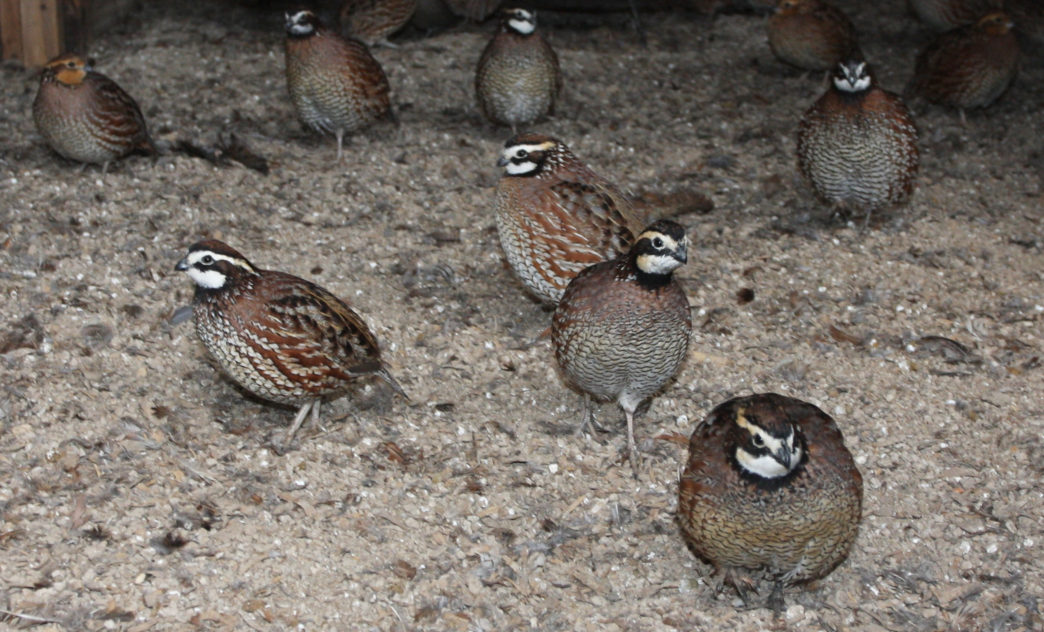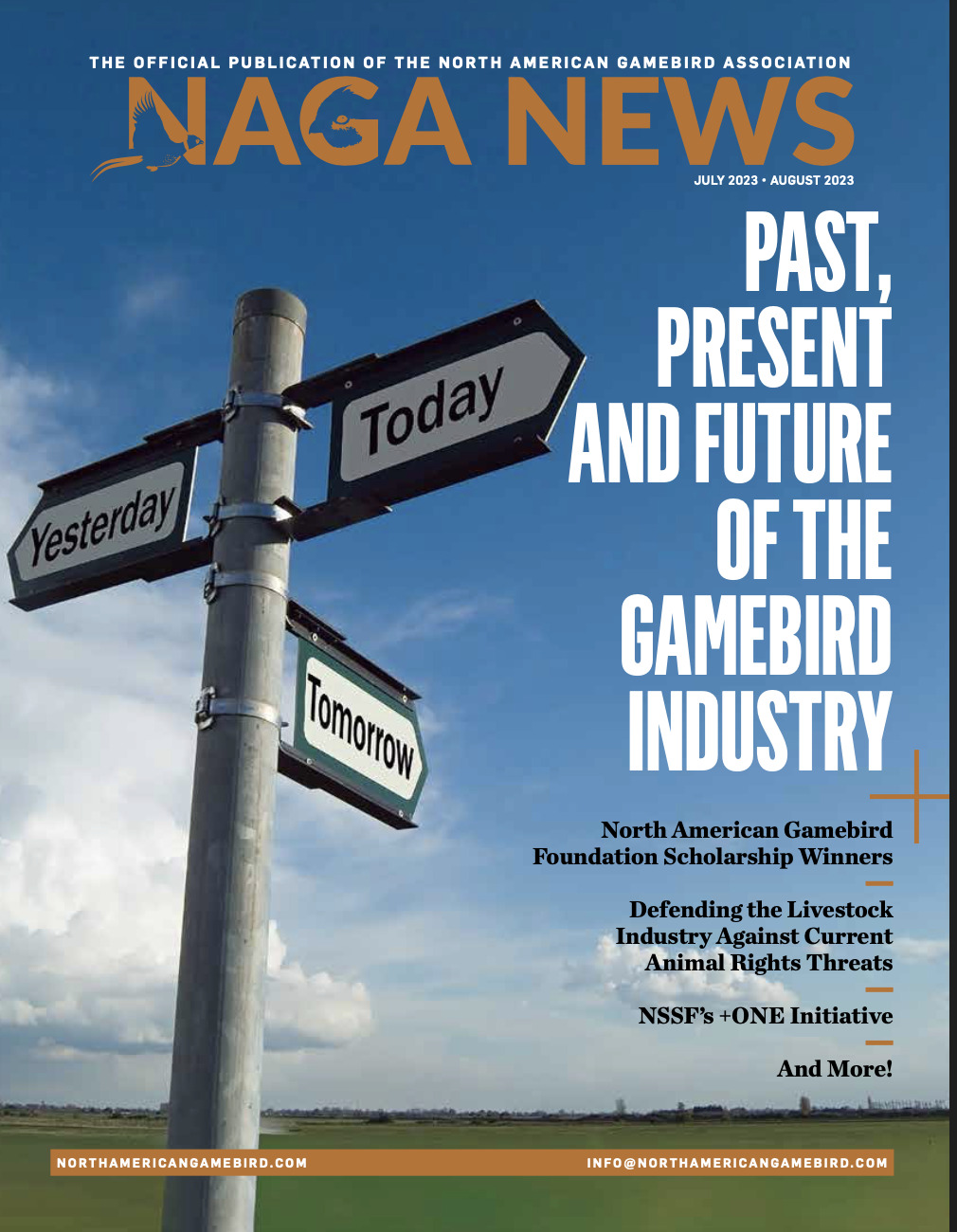 As part of the North American Gamebird Association’s longstanding commitment to promoting the gamebird industry, NAGA representatives attend a number of governmental and trade association functions each year on members’ behalf.
As part of the North American Gamebird Association’s longstanding commitment to promoting the gamebird industry, NAGA representatives attend a number of governmental and trade association functions each year on members’ behalf.
For example, NAGA board of directors member Todd Laudenslager recently participated in the U.S. Department of Agriculture’s Poultry Sector Meeting in Washington, D.C.
The meeting included a variety of poultry industry representatives, along with Kevin Shea, administrator of the USDA’s Animal and Plant Health Inspection Service (APHIS), and APHIS’ Veterinary Services deputy administrator Jack Shere.
“My goals were to represent NAGA members, provide an update of our Secure Upland Gamebird Supply Plan, thank all of the people who are helping us out with the plan, and establish connections with government officials and potential industry partners,” Laudenslager explained.
“It was a very positive meeting,” he continued. “Everyone was very welcoming and positive about our industry in general, and specifically about NAGA’s efforts toward promoting biosecurity and creating the secure supply plan. We all agreed it is in our best interests to support each other and work together.”
The meeting covered a wide range of topics and issues, including APHIS’ poultry disease programs, international trade, and procedures for dealing with low-pathogenic avian influenza (LPAI) incidents.
“The USDA was very focused on trying to keep birds moving in the event of avian influenza,” said Laudenslager. “We talked about the controlled marketing of birds during an LPAI incident, versus depopulation, and also how what individual states and state veterinarians are doing could affect international trade.”
USDA officials echoed statements made earlier in 2017 during avian influenza cases in Tennessee, saying that if states don’t trust each other’s response and control efforts, other countries may not, either.
When Laudenslager informed the group about Iowa’s embargo of Wisconsin gamebirds and other poultry in response to a low-path incident, fellow participants reacted with surprise. “They weren’t aware it had happened, and were shocked by it,” he said.
Deputy administrator Shere quickly jumped into the discussion and promised to follow up with Iowa officials. “A couple weeks after the meeting, he got back to me,” said Laudenslager. “He had met with the Iowa Department of Agriculture and their attorneys. They told him their regulations were written by state legislators, and the state vet has to follow what the legislature approves. Mr. Shere was concerned about the law’s vague wording, and told them to work on it.”
Laudenslager says Shere’s actions provide a shining example of how NAGA’s representation makes a difference for gamebird producers and preserve operators.
He also notes that other take-home messages for NAGA members include: the importance of biosecurity efforts—including having a biosecurity plan (both for prevention and to qualify for indemnification in the event of an outbreak); the importance of participating in the National Poultry Improvement Plan (NPIP); and the benefits of reaching out to their state veterinarian and members of the poultry industry to work collectively to protect everyone’s interests.


